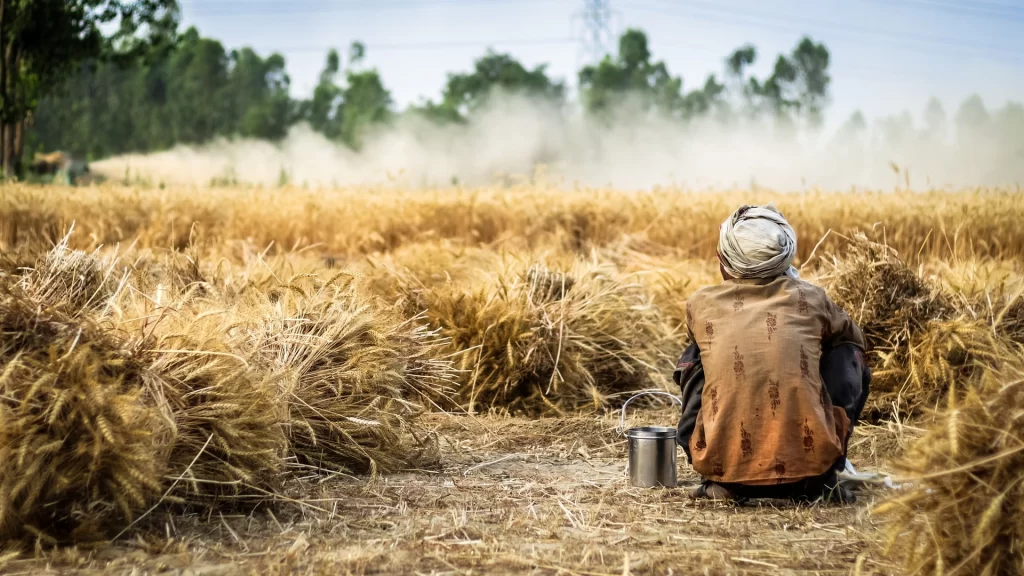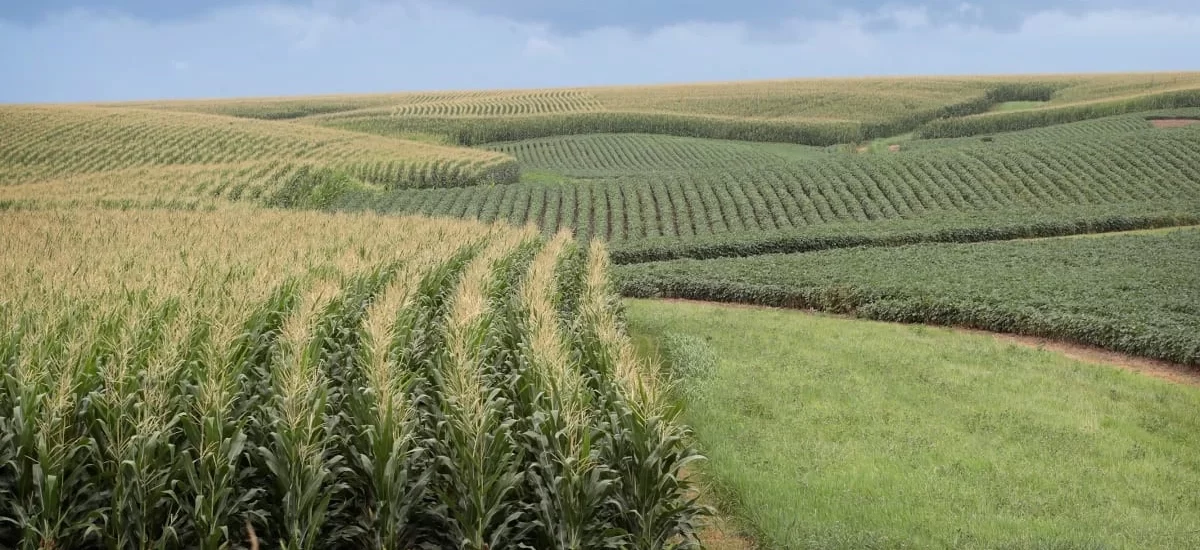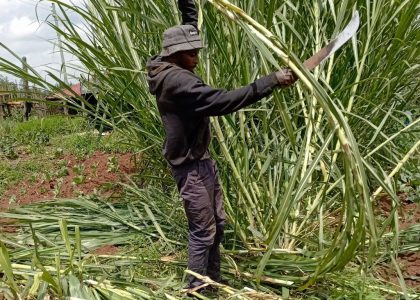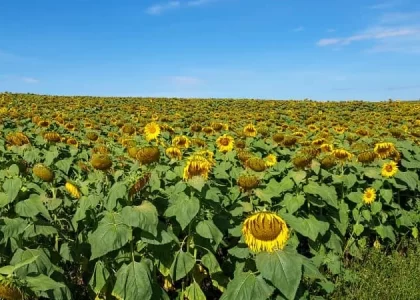Kenya’s Agricultural Market is greatly affected by local and national politics. Local politics determine the intensity of the general attitude toward every economic sector. The election and attainment of legitimacy by local governments is a political process. Kenya’s agricultural market can be classified as crop and non-crop farming.
Crop farming includes grown plants like cereals like wheat and maize, beverages like tea and coffee, industrial plants like sisal and tobacco, and edible oils like sunflowers, vegetables, and horticulture. Non-crop farming includes livestock, poultry, insect, and fish farming. Mixed farms have also emerged as more farmers combine advantages to reap more.

Role of Government in Agricultural Markets
The government is fully in charge of the distribution of national wealth. Agriculture is fully devolved under Kenya’s laws, relegating the sector to local governments and management. However, there is parity in intensity in investment considering that there are predominantly agricultural areas, whereas others are not. Although there is considerable effort to support agricultural markets in Kenya, the sector is vastly private, and individual efforts determine the extent of quantity, quality, and market access.
Political Economy
The political economy also determines how crops are produced. Kenya is not a planned economy like communist states. However, the government determines a lot concerning price control through subsidies which affect the price of essential inputs like fertilizers, their distribution, and the eventual sale of harvest. Considerable controls are also in taxation (zero-rated and exempted agricultural products from taxation), the interest charge on loans, and external market access.
Read: Agricultural Market Economic Development
Property Ownership
Property ownership is also a perennial concern in Kenya’s agricultural market. Land, labor, and entrepreneurship are the primary determiners of success. The government owns large tracts of land in trust. There are vast land owners with minimal investment in land. Besides, the government determines the suitability of land leases before rewarding investors with immense consideration for political lobbying. By and large, whoever masters finances, arable land, and has a well-thought-out plan wins. However, there are other instruments of the political economy to consider.
Kenya’s Agricultural Market Policies
Public policy is perhaps the largest factor outside the direct control of farmers. Devolving agriculture has led to 47 regulations apart from national laws. There are considerable differences in intent from one country to another despite the utilitarian concerns to provide enough food for the population and export. However, the success of agriculture is primarily attributed to private land, private funds, political goodwill, and creative agriculture founded on modern agricultural practices.






